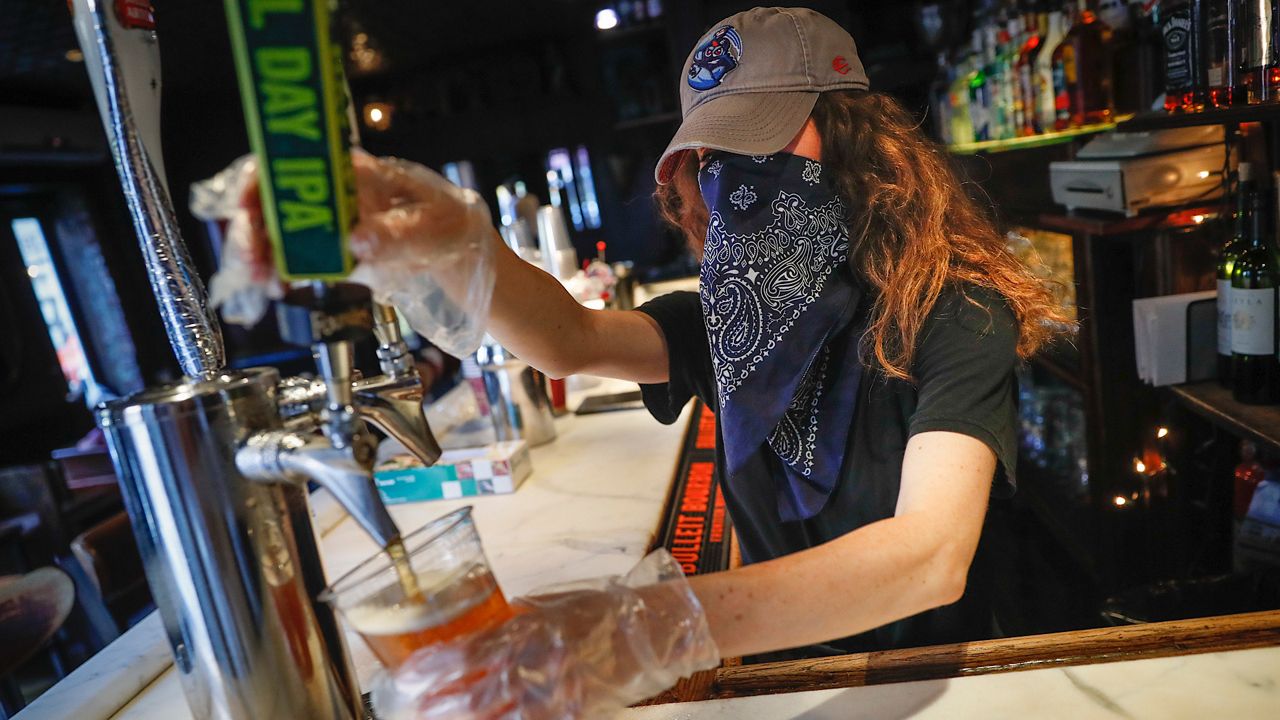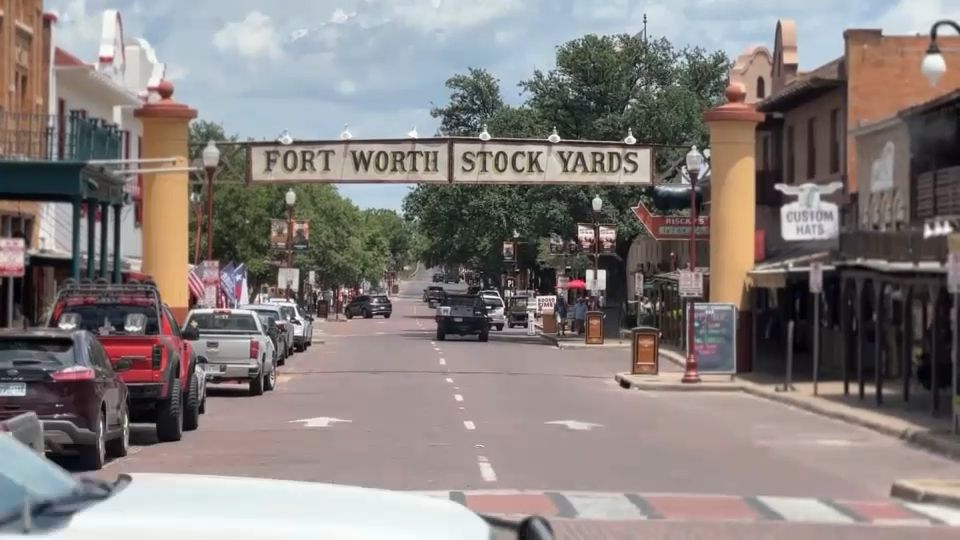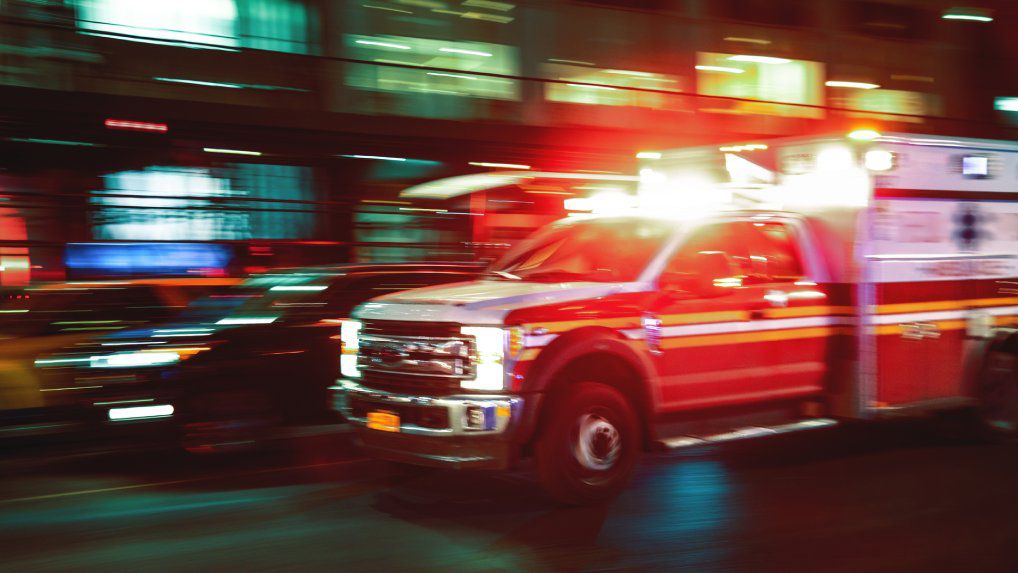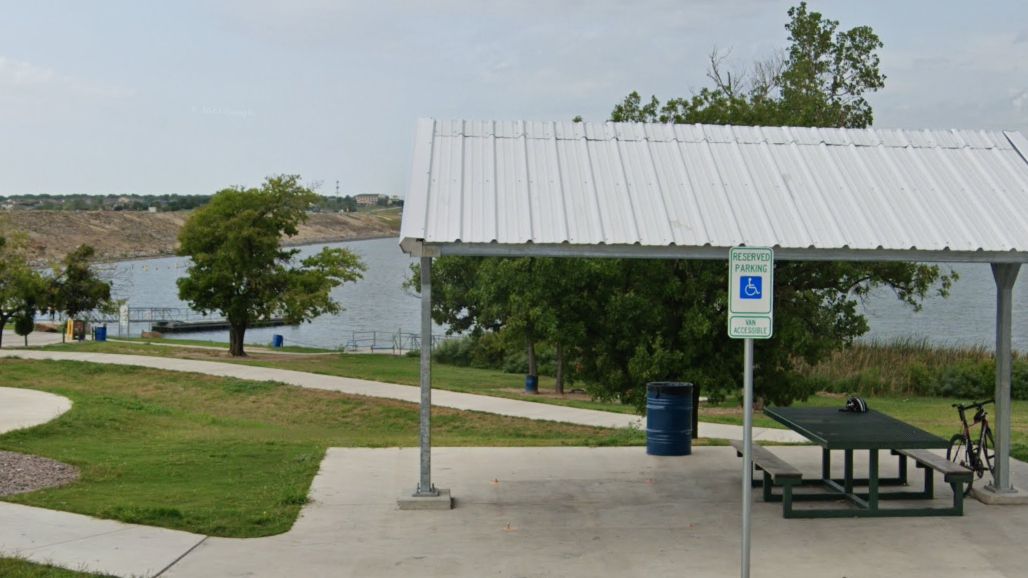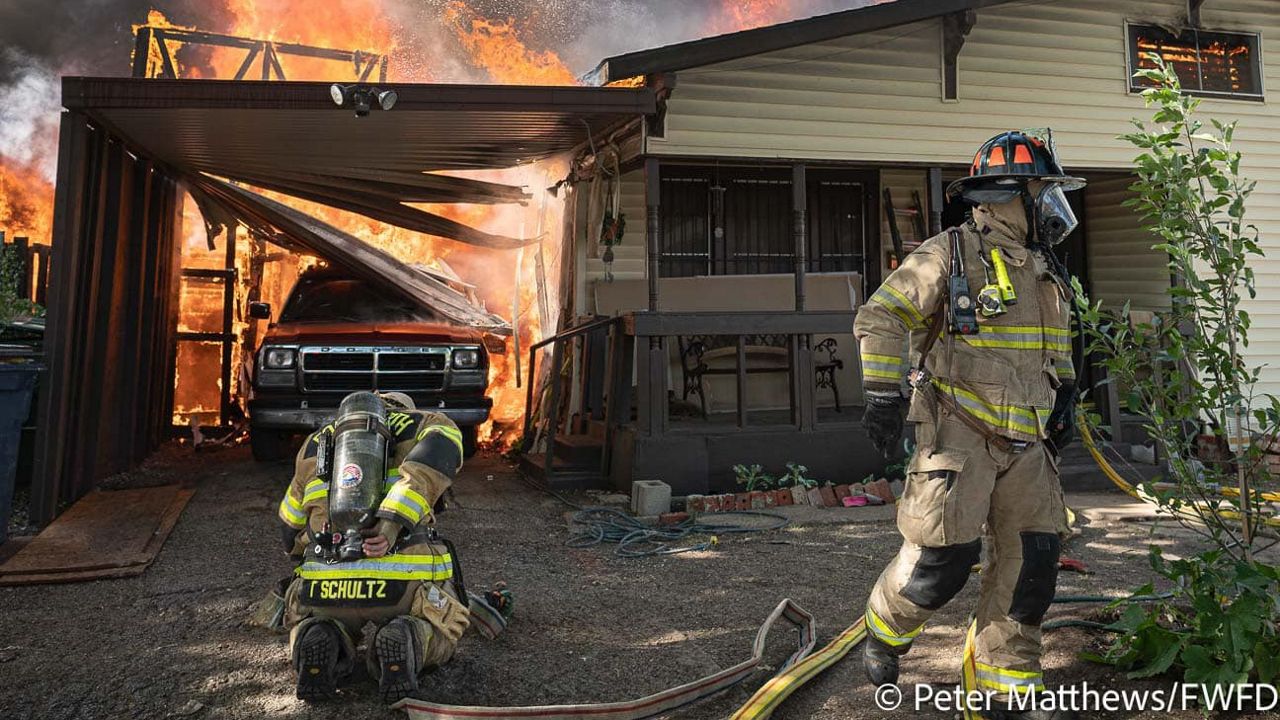FORT WORTH, Texas — A push to extend bar hours in Texas isn’t gaining steam, despite a recent survey performed by rehabs.com, which found that more than 50% of Texans (54%) would be in favor of allowing bars to stay open later, at least temporarily, to allow bars to recover financially from the pandemic.
The survey found that 57% nationally supported extending bar hours. Louisiana and Nevada are the only two states that don’t have laws requiring bars to close at a certain time.
There is currently no legislative push to extend bar hours, but advocates want to see Gov. Greg Abbott use an executive order in much the same manner he did when his pen stroke allowed bars and restaurants to sell to-go alcohol during the early months of the pandemic. That executive order is now permanent.
Two weeks ago, the governor signed a bill to permanently allow Texans to include alcohol in take-out orders from restaurants, achieving a shared goal of Abbott and restaurateurs.
House Bill 1024 allows beer, wine and mixed drinks to be included in pickup and delivery food orders, securing a revenue stream made available to restaurants during the pandemic when their dining areas were forced to close. Because the measure was approved by more than two-thirds of the House and Senate, it went into effect as soon as Abbott signed it.
Those in favor of extending bar hours hope their cause will follow the same trajectory. Online petitions in favor of keeping tabs open longer have circulated in Texas, but with seemingly little support. A spokesperson for the Governor’s office said she wasn’t aware of any plans involving him using his executive powers to extend bar hours.
At least one Fort Worth bar owner found the idea suspect. Jon Carney, who has owned several bars over the years, cited safety concerns as the main reason he wouldn’t favor keeping any of the bars he works with or owns open after 2 a.m.
“I just appreciate the safety and security measures we have in place, and this throws another variable into it that,” he said. “I wouldn't be comfortable with it.”
Carney noted that — though his bars are relatively well behaved — overwhelmingly, fights, lewd behavior, and other headaches that come with owning a bar happen later in the night. He said he was also concerned about people being overserved and driving. With more time to drink, he speculated, the odds of something catastrophic happening would likely rise.
Aside from safety and security concerns, Carney said he wasn’t sure extending bar hours would even be profitable — though he did acknowledge that his bars experience “a pop” in the last hour of business.
“Happy hours can, at times, out-sell the evenings,” he said. “It used to be happy hour was 20% [of sales] and evening 80%. That's that's slowly inching close to 50-50.”
In online comments, some service industry workers said they’d support extending bar hours. Many servers, one commenter pointed out, don’t get off work until midnight, and might like more than two hours to visit with friends. A bartender replied, “So when are we supposed to go home then?”
In the case of extended bar hours becoming legal, Carney said that, ideally, all surrounding bars would close at the same time, so that one wouldn’t have a competitive advantage over the others, and for security reasons.
“When we go, we go together,” he said.




